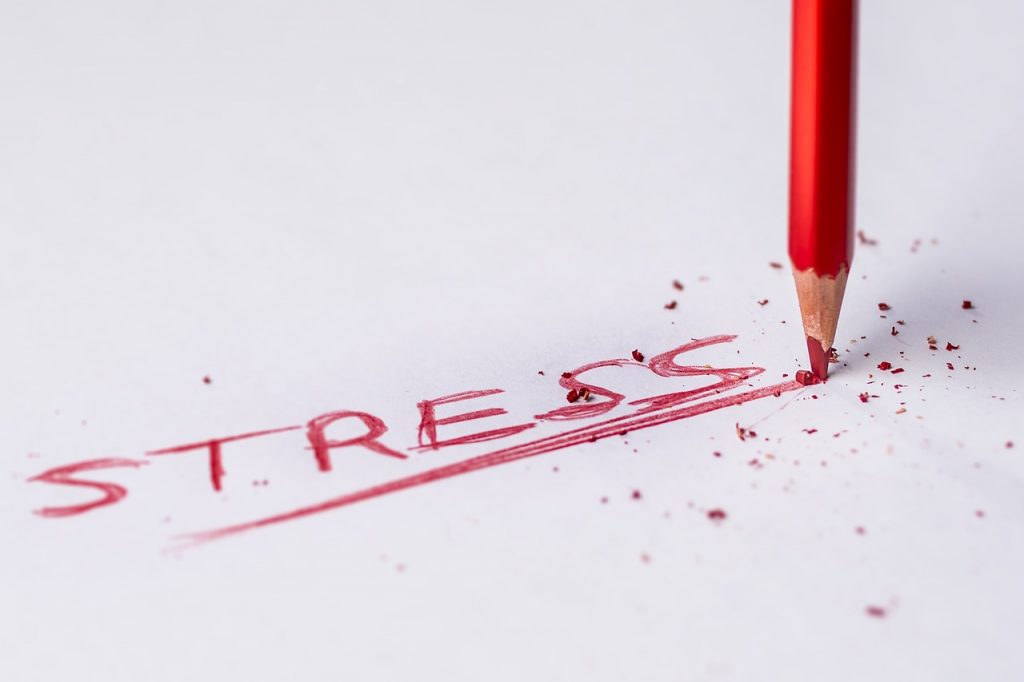Most people are now aware of the dangers of stress, in fact around 90 % of diseases are emotionally based. Even traditional medical online presences like WebMD acknowledge the physical effects of stress and how stress can cause disease in the body. Traditional medicine has finally arrived at the conclusion that natural medicine has always known; the mind and body are not separate entities but are inextricably combined. If our minds are troubled (un-ease), it will inevitably translate to our bodies (dis-ease), whether it’s chronic pain, frequent colds and flu or cancer.
“Pain is a symptom of the screaming mind.” – Robert G. Smith
Getting ourselves out of stress isn’t hard, when you know how.
But sometimes people can become so accustomed to their stress, they take it for granted. “It’s just life,” they proclaim. “it’s the way things are these days.” They think it’s normal to have high anxiety levels; to lie awake at night and worry about the day.
So be aware when you’re under stress. Check in with yourself regularly during the day to see how you’re feeling. Are you feeling annoyed, frustrated or jumpy? Are your hands clenched? Chances are stress and anxiety are simmering under the surface. How to remember to check? Well, there an app for that! Look in your phone for a good app which will remind you every hour to check in with yourself. Then you can do something about it straight away. But first…
Which type of person tends to suffer most with stress? Is it the busy mum who’s trying to get the kids fed and out of the door in the morning while the husband lays back and reads the paper? Or is it the high-powered executive who trying to get a project finished on time while his phone keeps ringing and emails pile up in his in-box? It could be either, or it could be neither, because it’s not the circumstances, it’s the person themselves. Their personality and how they handle what curve-balls life throws at them.
How to deal with stress and anxiety
An excellent way to de-stress is as simple as breathing. Because it’s so simple and easy, people tend to dismiss it, but it really works. Here’s how to do it and why it works.
- Breathe in for the count of 7
- Breathe out for the count of 11
- Repeat
That’s it! By doing this, you’re making your out-breath longer than your in-breath. This is important because a long, slow out-breath activates your vagus nerve which triggers the parasympathetic nervous system, the part associated with calm and rest.
If you find it hard to keep to these times, start with breathing in for four seconds and breathing out for seven seconds. Your lungs will soon become accustomed and you’ll be able to increase the time. Just make sure the outbreath is longer
This is an excellent way of learning to de-stress. Practice 7/11 breathing several times a day. Don’t just wait until you’re feeling stressed. This will act as a preventative and allow you to handle stressful situations better when they do occur.
How to be stress free permanently
For a more long-term solution for stress, I can recommend Eutaptics. This is a protocol I use on myself, for chronic pain. It’s the first time I’ve seen a definite shift in the pain since it started eight years ago. Since stress in the mind can cause pain and disease in the body, it makes sense for us to do everything we can to live our best and happiest lives.
Image by Pedro Figueras from Pixabay

